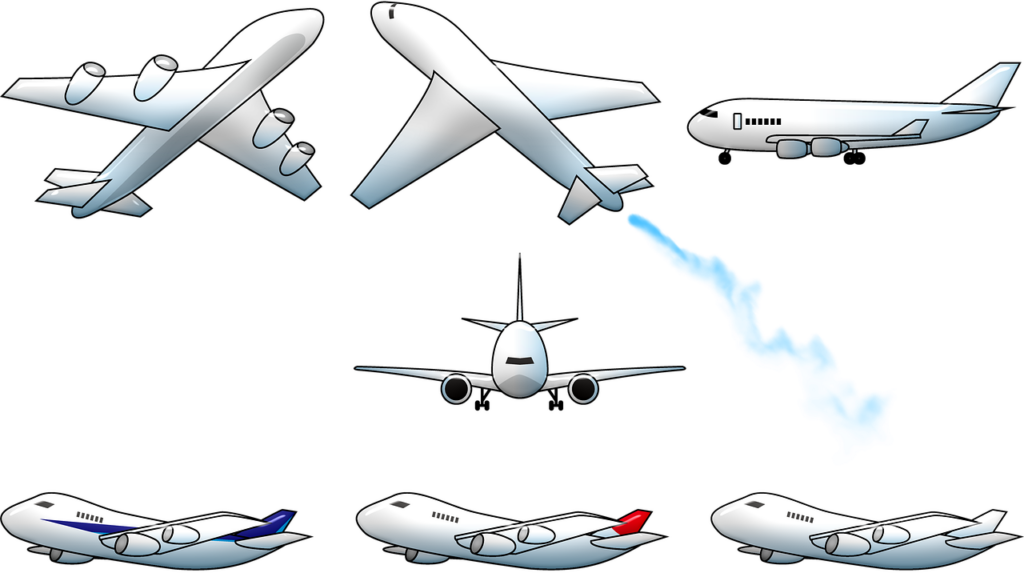The pilot crisis in the United States seems to be highly complicated, with many minor airlines claiming a shortfall, major carriers reporting higher attrition, and the largest airlines citing training backlogs. All of this adds up to fewer flights, fewer destinations, and interrupted travel plans.
Alaska Airlines and JetBlue Airways, which also have comparable personnel challenges, have announced the most drastic reductions in summer flights.
According to Cowen & Co. analysis, from April 5 to May 17, Alaska lowered scheduled third-quarter capacity by 12% and JetBlue by 10%. Both American Airlines and Southwest Airlines, which have admitted pilot training backlogs, have reduced scheduled capacity by 6 %.
According to the Regional Airlines Association, the certifications issued to pilots who graduate from four-year university programs require 1,000 hours rather than 1,500, for example (RAA). This represents less than half of the predicted 12,000 pilots needed by the industry this year, with the remainder coming from other airlines such as regionals, low-cost carriers, and mid-tier operators.
“The pilot shortage for the industry is real, and most airlines are simply not going to be able to realize their capacity plans because there simply aren’t enough pilots, at least not for the next five-plus years,” United Airlines CEO Scott Kirby said in April.
But Raymond James analyst Savanthi Syth is not assured that a shortage is causing the current issues. “There appears to be sufficient pilot supply (even for regionals) for hiring to be at current elevated levels in 2022-23 but not longer,” she wrote on May 23. She expects hiring to slow to roughly 8,000 pilots next year, and around 6,000 pilots in 2024. U.S. airlines hired roughly 5,000 pilots annually before the pandemic.
Proposed relief measures for the current staffing situation, including raising the mandatory retirement age for airline pilots or providing new exemptions to the 1,500-hour requirement as Republic Airways has requested, would only provide “near-term relief,” Syth wrote.
No matter the cause of the situation, Syth agrees with most in the industry that relief may be years in coming.
















More Stories
Bulgaria’s Tourism Triumph Record 2025 Powered by Neighbors
Poland’s High-Tech Border Revolution: EES Ushers in New Era
Greece Blends History & Flavors: Gastronomy Tourism Revolution